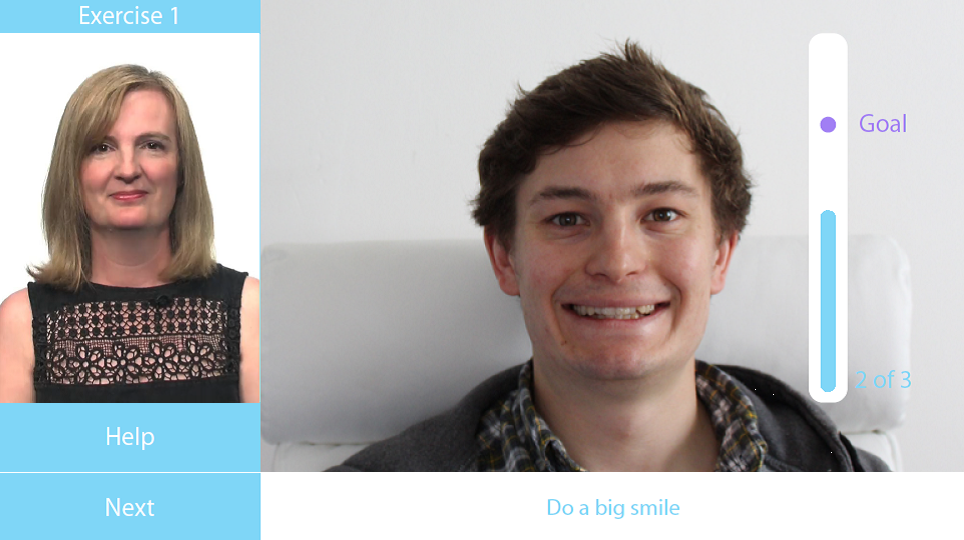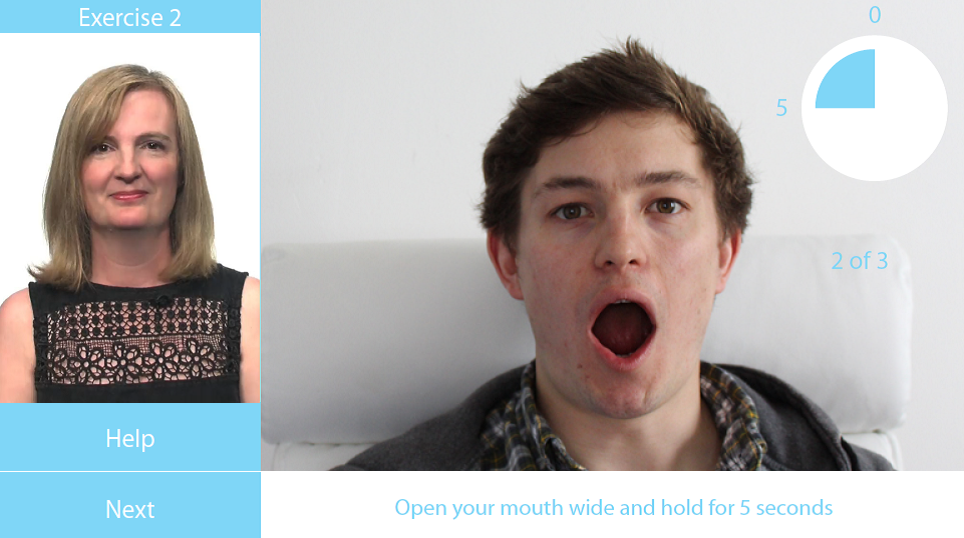Xbox technology rehabilitates stroke patients
For the first time, stroke patients are being rehabilitated at home with the help of videogame technology from Microsoft. Professor Philip Breedon, Professor of Smart Technologies, Nottingham Trent University, has used the Xbox Kinect, a gaming device which senses movement and voice commands, to help patients with facial palsy.
18 months of research has led to the development of a prototype, and the team now plans to trial the device to create an advanced prototype in a move towards commercialisation. The Kinect, which is designed for Microsoft Xbox 360 and Xbox One games consoles, helps to monitor stroke patients’ facial movements during their daily exercise regimes. It can then provide feedback, encouragement and recognition for their accomplishments.
Professor Breedon, School of Architecture, Design and the Built Environment, Nottingham Trent University, commented: “This innovation will allow stroke patients, we believe for the first time ever, to receive interactive therapy exercises and feedback for facial weakness after a stroke. It represents a considerable advancement on the traditional methods currently used which are mostly based on patients reading a series of exercises from a sheet of paper. By making the exercise regime interactive, patients will receive much-needed encouragement and recognition for their accomplishments, no matter how small. We’ve received very positive feedback from the stroke survivors who’ve supported us throughout the design process and we hope this simple innovation can be used widely in the near future.”

Presenting users with a live image of themselves, the Kinect is connected to a regular PC monitor and a mini computer which contains the software. A smaller picture-in-picture simultaneously shows pre-recorded clips of a speech and language therapist, guiding users through exercises and providing feedback. Therapists can configure bespoke exercise programmes to meet the individual needs of each patient. Developed in consultation with stroke survivors, the system also allows for an augmented view of the user to be shown.
“It's essential for people who’ve been through a stroke, like me, to be given all the support possible to get their lives back on track," said Ossie Newell MBE, a stroke survivor who is involved in stroke rehabilitation research at the University of Nottingham. “This technology, I have no doubt, will improve people’s experience of rehabilitation immensely, and I hope that it can be rolled out to help other people who’ve endured something as life-changing as a stroke.”
Funded with a £347,000 National Institute for Health Research Invention for Innovation grant, the project has been conducted in partnership with the University of Nottingham, Nottingham City Care Partnership and Maddison Product Design.

“Providing recognition and encouragement is vital part of the recovery process for people who’ve been through something as devastating as a stroke. And until now it simply hasn’t been possible for clinicians to give patients feedback on their progress on a daily basis. We hope that this technology will provide patients with an improved understanding of their recovery. Not only that, but it promises to provide clinicians with strong data and supports the NHS policy to improve the quality of rehabilitation regimes and deliver more tailored services in the community,” added Professor Pip Logan, Rehabilitation Research, Faculty of Medicine & Health Sciences, University of Nottingham.





